Light Bulbs Going Out Too Frequently
spafrica2003
13 years ago
Related Stories
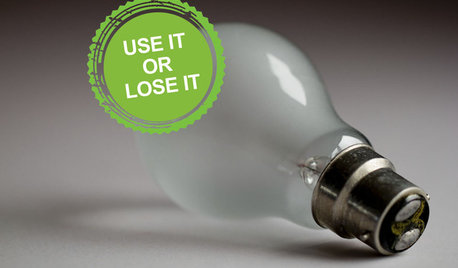
DECORATING GUIDESLose It: How to Get Rid of Old Light Bulbs
When the light goes out, you'll want to get rid of the bulb safely. Here's how
Full Story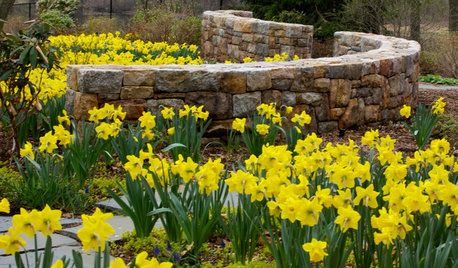
GARDENING GUIDES10 Beautiful Ways to Landscape With Bulbs
Planting bulbs wisely in fall can turn a spring garden glorious with joyful colors and profuse blooms that last through summer
Full Story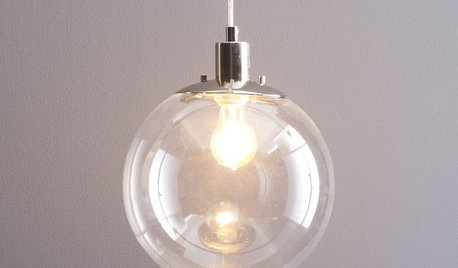
LIGHTINGGuest Picks: Exposed Bulb Lighting
Celebrate the filament bulb with 20 stylish lighting options
Full Story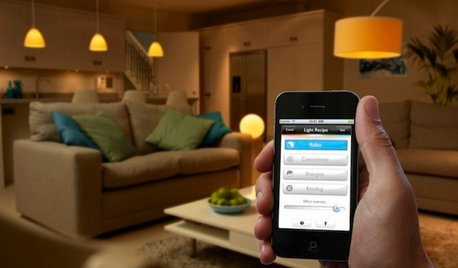
HOME TECHHere's a Bright Idea: Smart Bulbs for Better Lighting
Lightbulbs that can change brightness and color with a cell phone command show flashes of design brilliance
Full Story
LIGHTINGAntique Chic: Edison Bulbs
Industrial-Style Filament Bulbs Reinvent Lighting (Again)
Full Story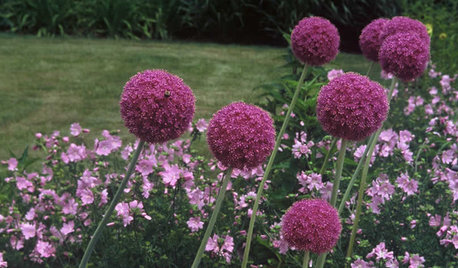
GARDENING GUIDES6 Unsung Bulbs for Fall Planting
Don't hang up your spade after summer — plant these unusual bulbs in fall for a spectacular spring show
Full Story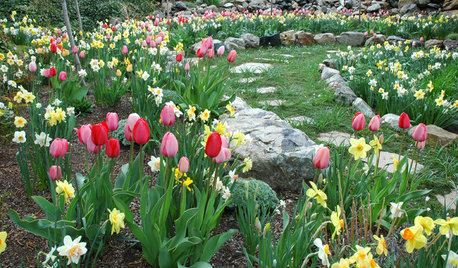
GARDENING GUIDESGardening With Kids: How to Plant Bulbs
You don't need expertise to get flowering bulbs in the ground in fall — but kids will feel like gardening pros come spring
Full Story
GARDENING GUIDES7 Bulbs That Flourish in Mild Climates
Fall planting: For gardens that don't see harsh winters, different guidelines for choosing and planting spring-blooming bulbs apply
Full Story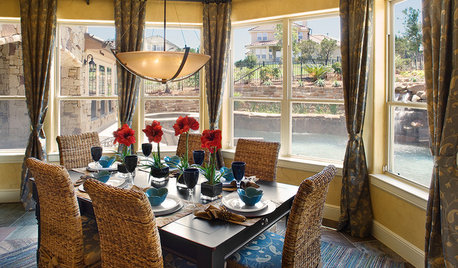
HOUSEPLANTSHow to Force Amaryllis Bulbs Indoors
Enjoy vibrant red blossoms even as gardens turn snowy white, by teaching this hardy repeat performer to ignore the calendar
Full Story
GARDENING GUIDES7 Tropical Bulbs for a Summer Garden That Wows
Try these stunners in summer's powerful heat for garden thrills with an exotic flair
Full Story





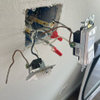
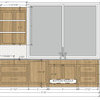
ionized_gw
brickeyee
Related Professionals
Augusta General Contractors · Chowchilla General Contractors · Exeter General Contractors · Fairview General Contractors · Linton Hall General Contractors · Seal Beach General Contractors · Waldorf General Contractors · Williamstown General Contractors · Menifee Solar Energy Systems · Homer Glen Solar Energy Systems · Azalea Park Solar Energy Systems · Fairfield Home Automation & Home Media · San Marino Home Automation & Home Media · Surfside Home Automation & Home Media · Weston Home Automation & Home Mediaspafrica2003Original Author
dennisgli
mike_kaiser_gw
randy427
DavidR
fixizin
fixizin
DavidR
spafrica2003Original Author
texasredhead
fixizin
DavidR